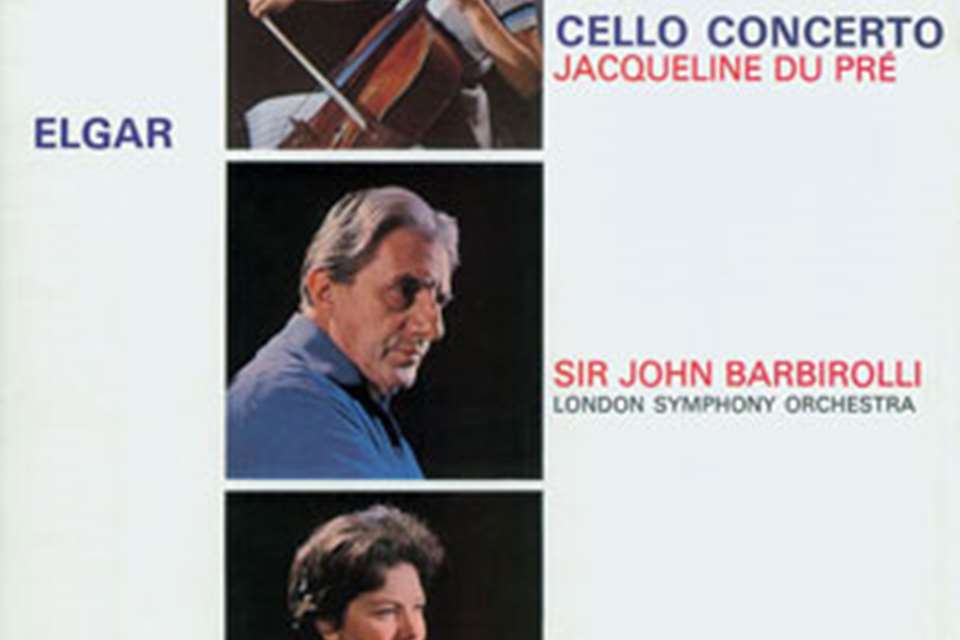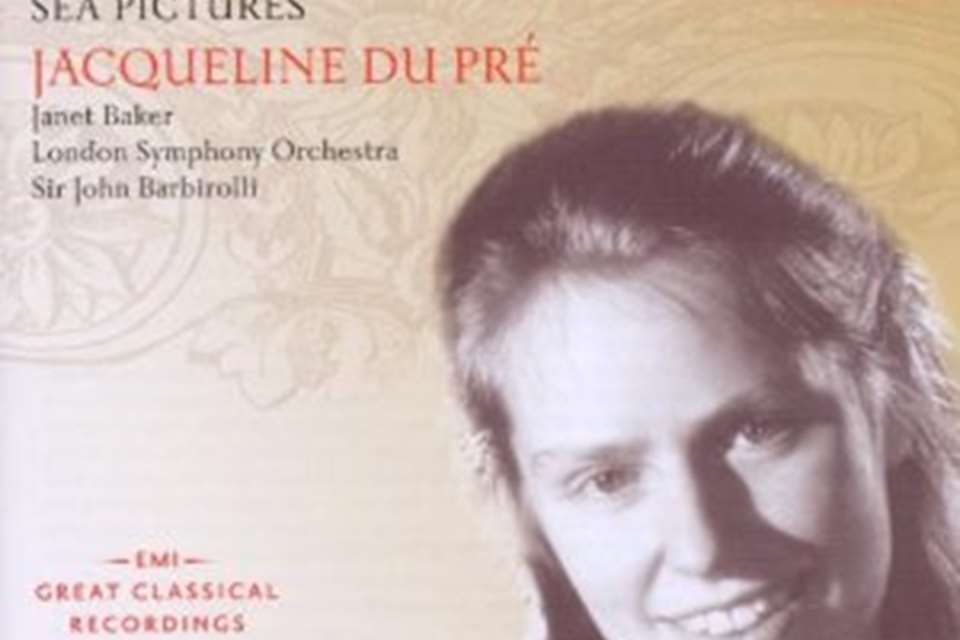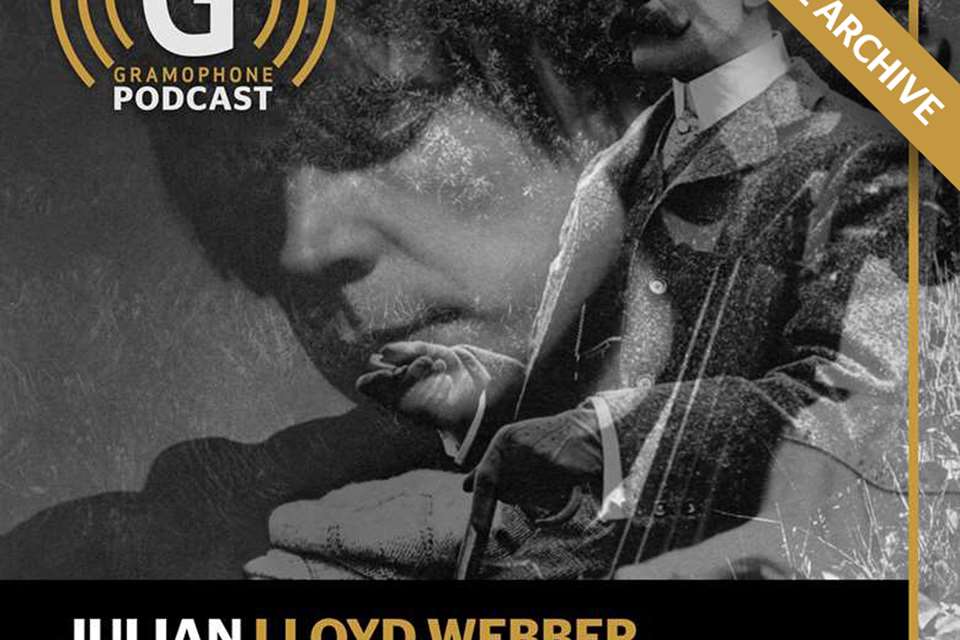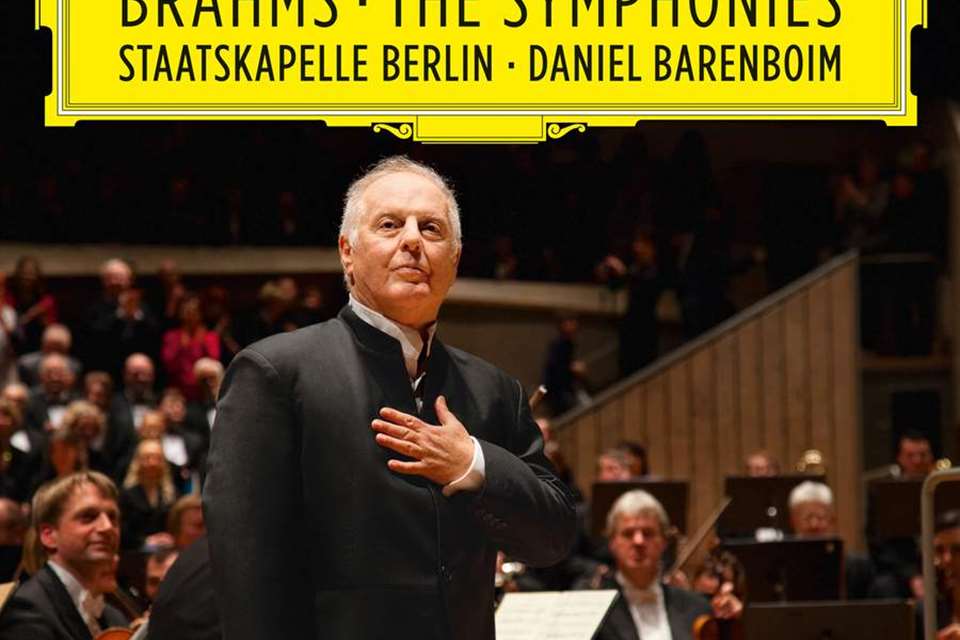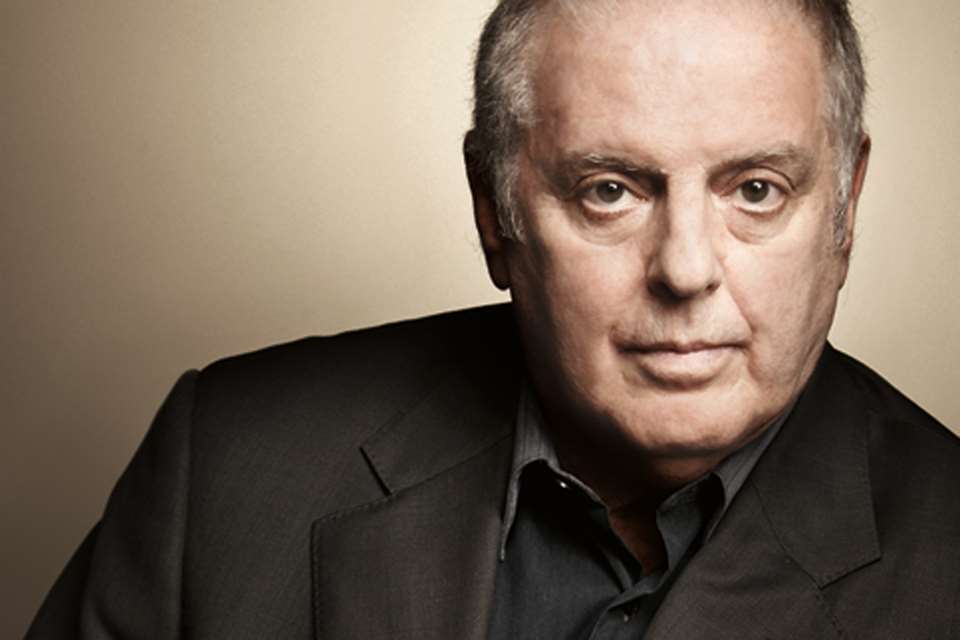Jacqueline du Pré: 'You must have spontaneity and too much study destroys that' | Classic interview
Alan Blyth
Tuesday, January 3, 2023
Jacqueline du Pré spoke to Alan Blyth for Gramophone's January 1969 issue...
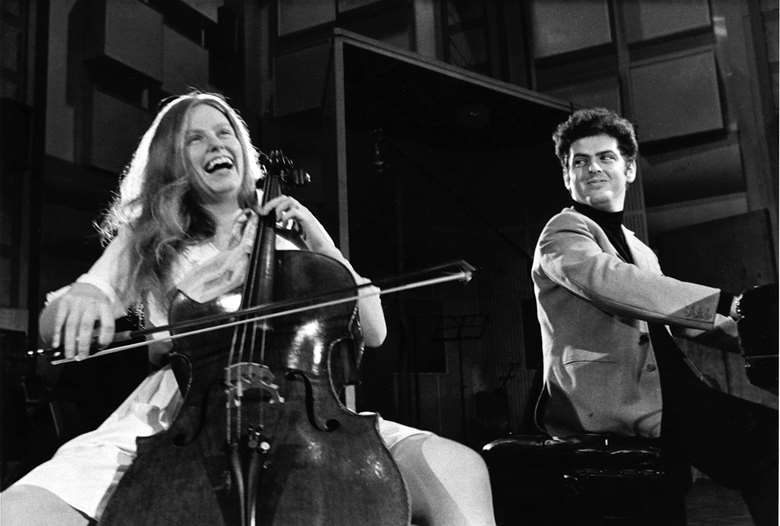
Register now to continue reading
Thanks for exploring the Gramophone website. Sign up for a free account today to enjoy the following benefits:
- Free access to 3 subscriber-only articles per month
- Unlimited access to our news, podcasts and awards pages
- Free weekly email newsletter




